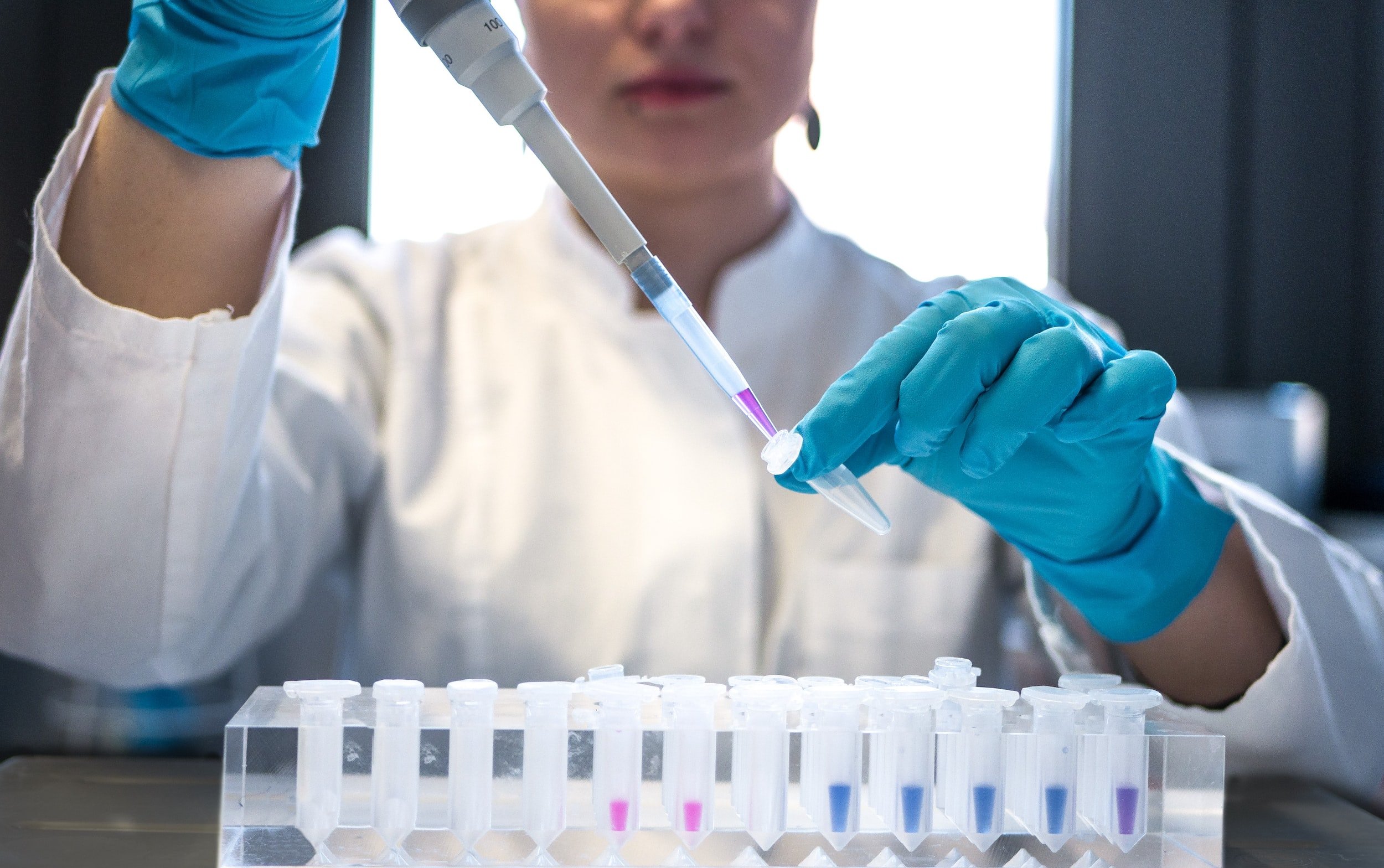The Quad should Commit to a Bio-hub in India
Authors
Introduction
Modern biotechnology will completely transform the global industrial system as the world substitutes chemical products with biological alternatives. A McKinsey report from 2020 argues that as much as 60 per cent of the physical inputs to the global economy could, in principle, be produced using modern biotechnology—about one-third of these inputs are biological materials (wood or animals bred for food) and the remaining two-thirds are nonbiological (plastics or fuels) that can potentially be produced or substituted using biology.

The potential to transform the field of biomanufacturing is also illustrated in a recent report released by the White House. The US expects “In 20 years, [to] demonstrate and deploy cost-effective and sustainable routes to convert bio-based feedstocks into recyclable-by-design polymers that can displace more than 90% of today’s plastics and other commercial polymers at scale”. If achieved, this would transform the global petrochemical industry and help solve our global plastic waste problem. Similar modern biotechnology efforts are underway for milk, meat, pharmaceuticals, oils and numerous other industries. Individually, these industries are worth many billions or trillions of dollars. Combined, they make biotechnology one of the most economically lucrative emerging technologies.
However, beyond the obvious economic value, there is significant strategic and social value in modern biotechnologies. The products produced by modern biotechnology are or will be essential for the production of food, energy, and the management of health. Those that control the IP and supply chains will potentially control key determinants of society’s technological progress. There are also numerous potential military applications for biotechnology that range from food security to new, lightweight polymers, to understanding the potential of highly effective biological weapons (which are banned under international law).
Given the immense economic and strategic importance of these technologies, it is vital that countries do not place themselves in a vulnerable position. The growth in biotechnology - from the creation of novel products to their manufacture and sale - will require collaboration between countries. The Quad has sought to address this potential vulnerability by establishing a Critical and Emerging Technology Working Group that will monitor trends in critical and emerging technologies, such as synthetic biology, genome sequencing, and biomanufacturing, and also identify opportunities for cooperation within Quad.
As such, we recommend that Quad countries establish a biomanufacturing hub in India to capitalise on the economic potential of the biomanufacturing industry and address potential vulnerabilities. Each Quad country brings together a unique set of capabilities that can be capitalised on to promote innovation and strengthen supply chain resilience.